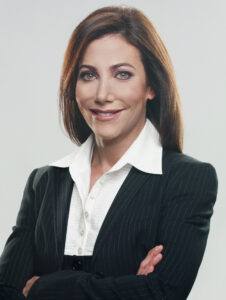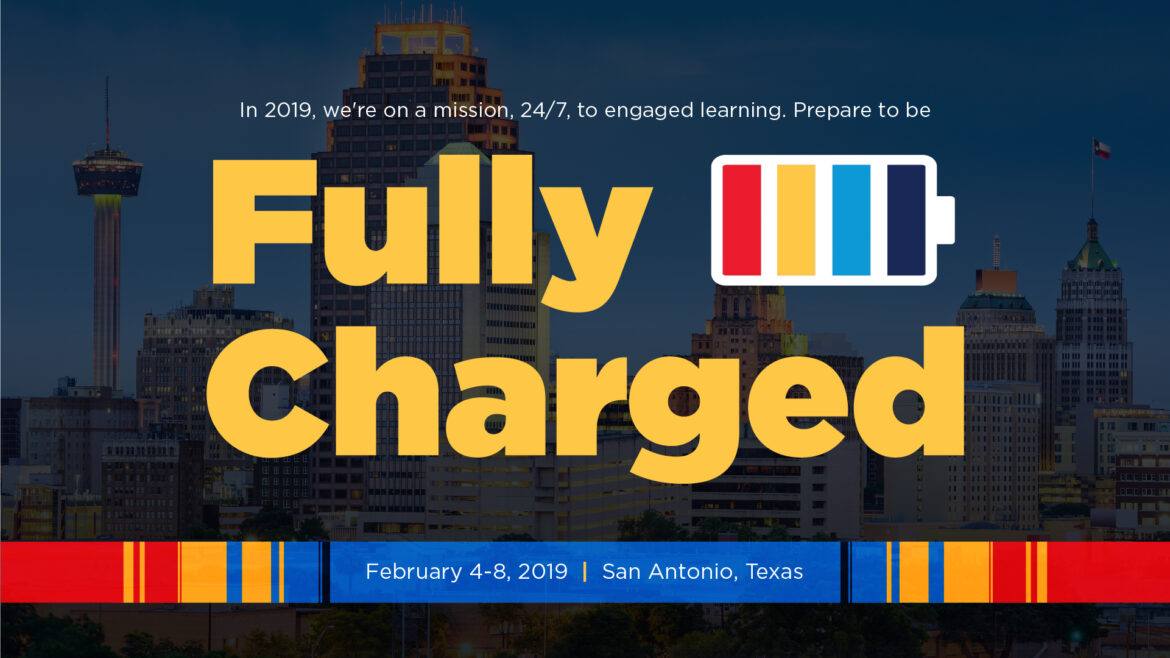Our closing keynote at the TCEA Convention & Exposition will be the incredible Alison Levine. You can read more about Alison and some of her accomplishments here. We had a chance to ask Alison a few questions about her successes, her experiences, and what drives her. After hearing a little bit more from her, we’re even more excited to hear what she has to say in San Antonio on February 8. Are you planning to see Alison in person, along with 1,200 workshops and sessions by other educators and thought leaders? Register on or before January 9 to receive the best pricing.
When did you first become interested in mountain climbing and boundary-pushing travel?
When I was younger, I was quite intrigued by the stories of the early Arctic and Antarctic explorers and the early mountaineers. I would read books and watch documentary films about these adventurers…and then finally the light bulb went on in my head and I thought, “If I want to know what it’s like to be Reinhold Messner and drag a 150 lb sled across 600 miles of Antarctic ice, or if I want to know what it was like to be Sir Edmund Hillary or George Mallory—then I should go do these things instead of just reading or watching films about them.” But I did not start climbing until I was 32 years old (and I’m 52 now). I started later in life because I had some health issues that required a couple of heart surgeries (all good now though). It’s never too late to start living your own adventure.
What was your path to success like?
I am not even sure how I would define “success” really, because I think of life as a series of experiences that are ongoing. My path is just a bunch of twists and turns and I have no idea where it will take me next, and I’m fine with that.
What motivates you to continue achieving new things? What and who inspires you and your work?
What motivates me is the thought that my various achievements could perhaps inspire other people to try new things, to push themselves outside of their comfort zones, and to never listen to the naysayers. As far as who inspires me: a woman named Pasang Lhamu Sherpa who was the first female Sherpa to summit Mt Everest. She is the woman who took on—and won—the fight for gender equality in Nepal. Pasang had a dream to climb Mt Everest because she saw all the men in her village climbing, but at the time, the government of Nepal did not allow female Sherpas to climb. Pasang could not read, could not write, could not even speak the national language in Nepal—yet had the courage to fight for equal rights for female Sherpas. She summitted Everest on her fourth attempt in 1993, but sadly, she perished in the descent. I am working on a documentary about her right now, and you can check out the film trailer if you’d like to learn more about this amazing trailblazer. In addition to the feature-length film, we will cut a 90-minute version for schools.
What lessons can educators take from your experiences?
Well, it would take me days to write up all the lessons, so I will leave you with one: When you climb a lot of mountains (figuratively speaking), there will undoubtedly be many expeditions where you fail to make the summit. But failing is not always a bad thing. Society and corporate America are often not failure tolerant enough, which is unfortunate because a lack of failure tolerance stifles progress and innovation and prevents people from taking risks. And a lot of our successes would not have been realized had someone else not taken risks and blazed the trails before us. Previous failure often propels future progress. The key is that you have to learn from the failure and figure out what you need to do differently the next time around.
How would you describe your own philosophy as an educator?
My philosophy as an educator is to help people understand that they are in a leadership position. You can’t leave leadership to one person or to a couple of people with certain titles. I want everyone to empower themselves to think and act like a leader, regardless of title or tenure, because everyone on a team has a responsibility to help the team move toward a goal, and everyone also has a responsibility to be looking out for one another. This type of thinking must be embraced by everyone on the team.
What do you consider to be your most important accomplishment?
Well, as far as climbing goes, my most important accomplishment would be my climb of Mt Stanley in the Rwenzori Mountains in western Uganda because, during that climb, my team took a group of Ugandan women up the mountain for the first time. (No Ugandan women had climbed this mountain before that.) We trained them to work as porters and trekking guides in those mountains – which had a huge impact because working in these mountains is really the only way to earn money in that area. As a result, women were hired by the local guiding company and were able to earn a sustainable living wage for the first time in their lives. And that climb also enabled the first local woman (Malabina Muthahinga) to summit Uganda’s highest peak. Lots of milestones on that climb!
And finally…what can attendees at the TCEA Convention expect from your keynote?
They can expect to learn a lot, laugh a lot, and hopefully walk away feeling like they can tackle any challenge that comes their way.

